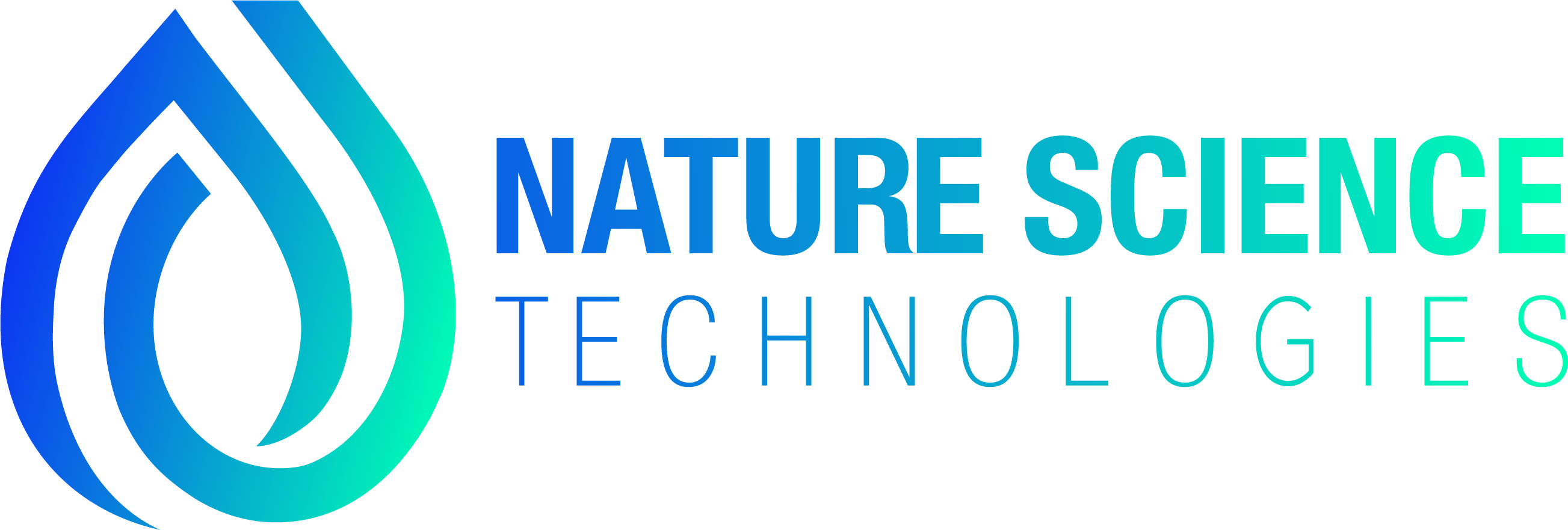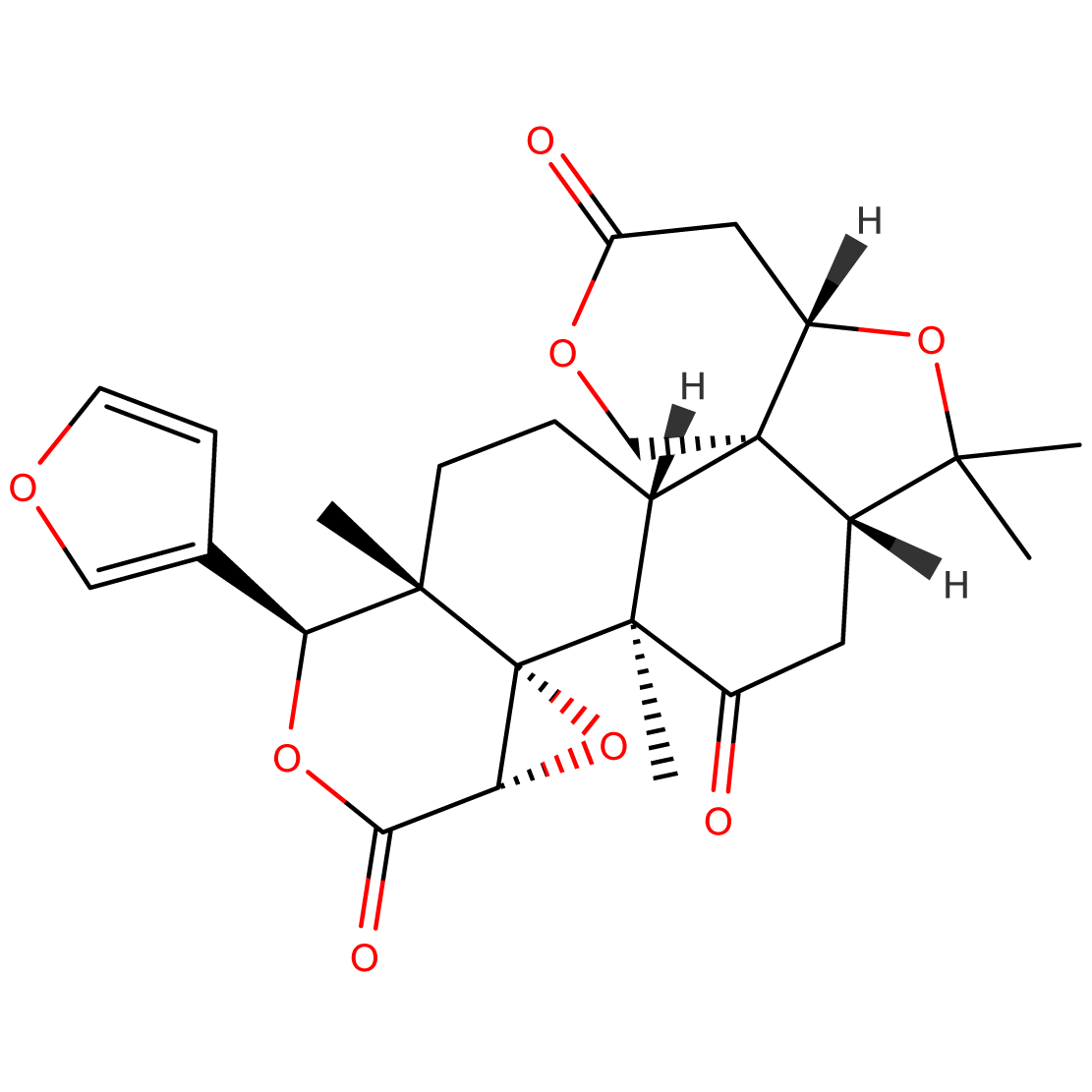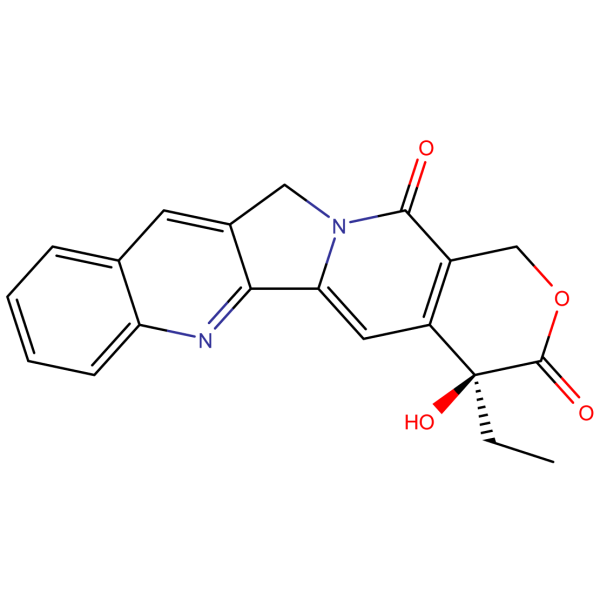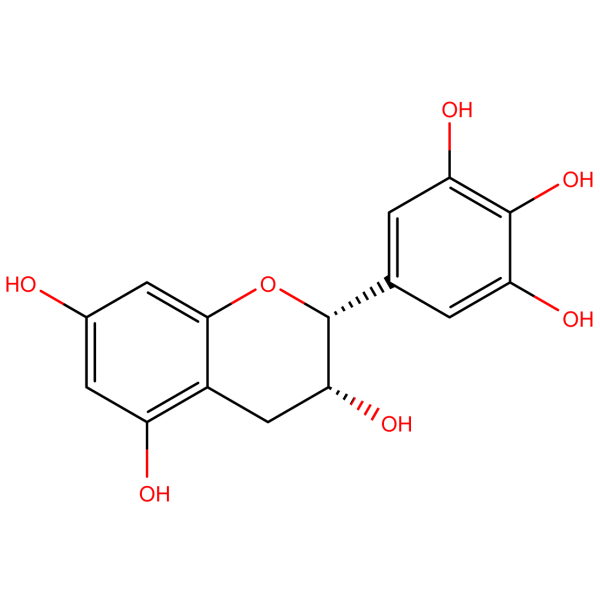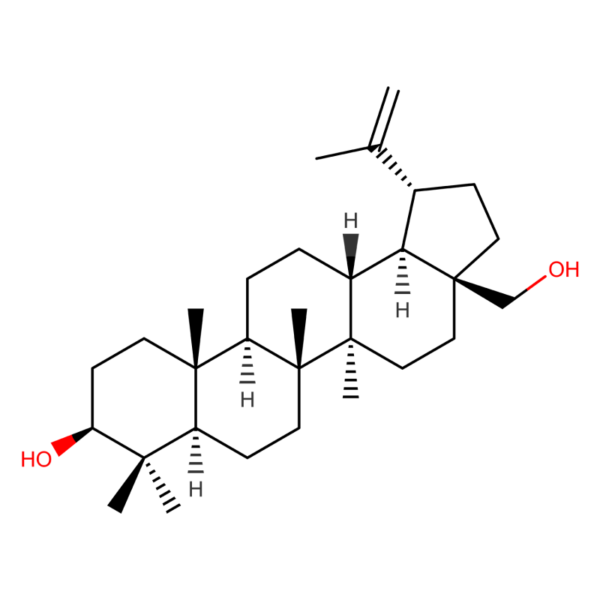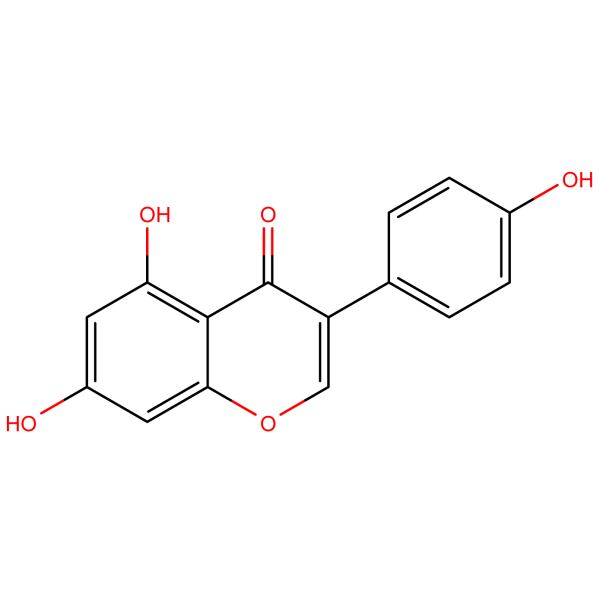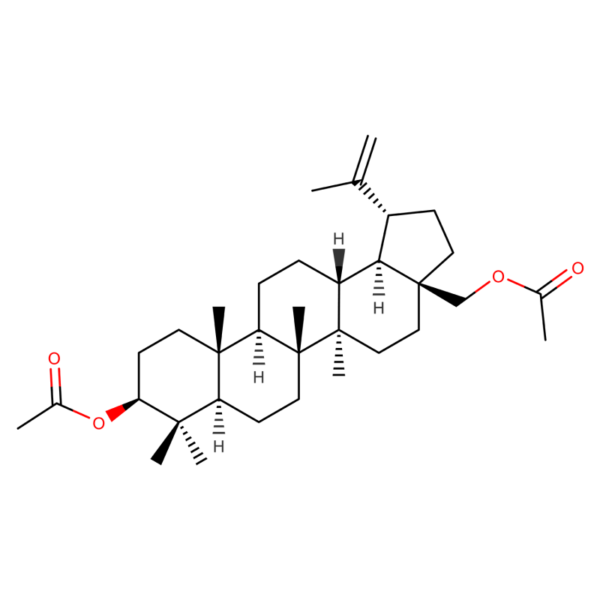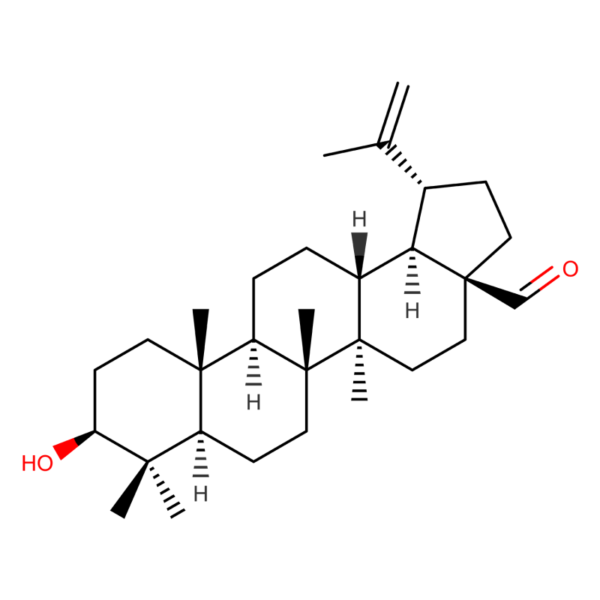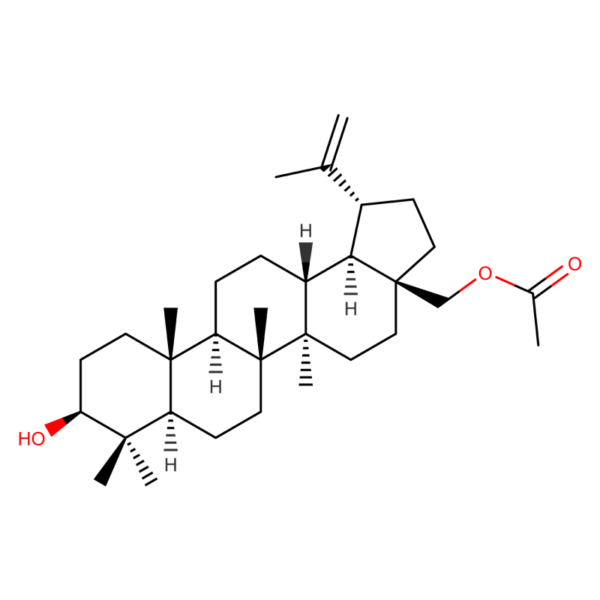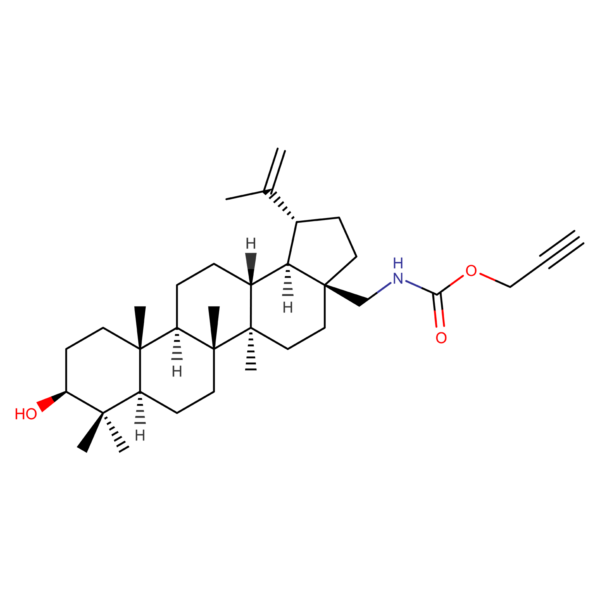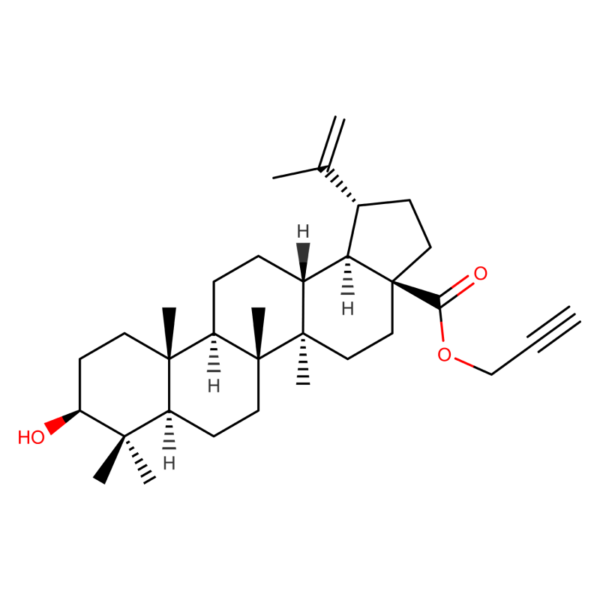Limonin Unveiled: Exploring the Citrus-Derived Marvel
Introduction to Limonin
Embark on a citrus-infused journey as we unravel the wonders of Limonin. Derived from the zest and seeds of citrus fruits, Limonin emerges as a bioactive compound with a spectrum of applications and health benefits.
Citrus Origins and Extraction
Sourced from the vibrant world of citrus fruits, Limonin graces us with its presence. The extraction process, primarily from citrus seeds, unveils this compound, ready to showcase its versatility and contribute to various industries.
Antioxidant Powerhouse
Limonin earns its accolades as a potent antioxidant. With the ability to combat free radicals in the body, it stands as a guardian of cellular health, potentially reducing oxidative stress and promoting overall well-being.
Potential Anti-Cancer Properties
Delve into the realm of potential anti-cancer properties attributed to Limonin. Research suggests that this citrus-derived compound may exhibit inhibitory effects on certain cancers, offering a promising avenue for further exploration in cancer prevention and treatment.
Digestive Health and Cholesterol Regulation
Limonin extends its influence to digestive health, where it may play a role in promoting a healthy gastrointestinal system. Additionally, studies hint at Limonin’s potential to regulate cholesterol levels, contributing to cardiovascular well-being.
Anti-Inflammatory and Immune Support
Witness Limonin’s prowess in the realms of anti-inflammatory effects and immune support. By addressing inflammation and bolstering the immune system, Limonin emerges as a multifaceted ally in the pursuit of overall health.
Incorporating Limonin into Your Lifestyle
For those seeking the vibrant benefits of Limonin, integrating this citrus-derived marvel into your lifestyle beckons. Whether through dietary choices or supplementation, Limonin offers a zesty addition to your wellness routine.
Guidance and Procurement
Embark on a citrus-inspired wellness journey with Limonin. For personalized guidance, exclusive offers, and seamless procurement, connect with our team at sales@nstchemicals.com. Let Limonin elevate your well-being with its citrus-infused charm.
